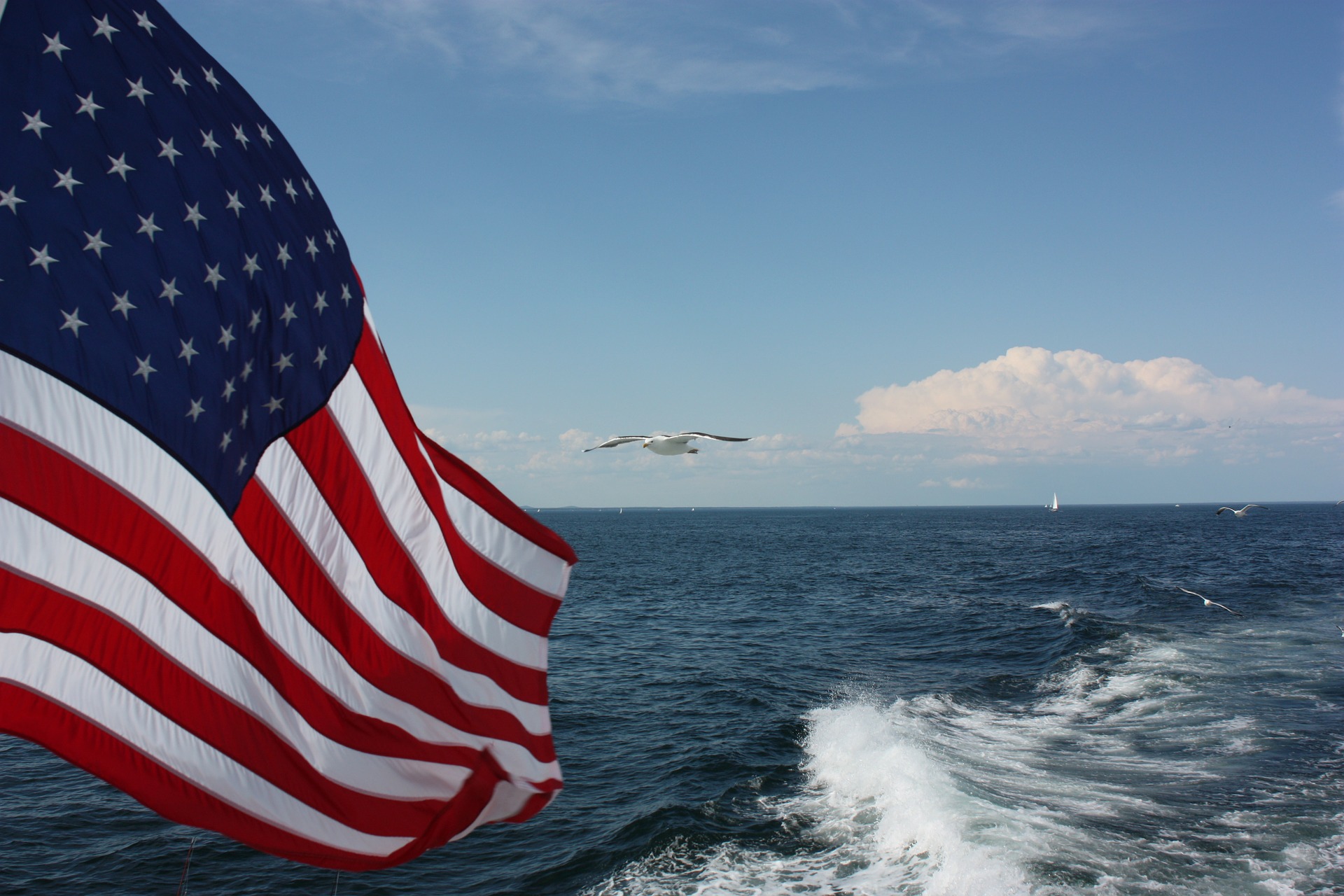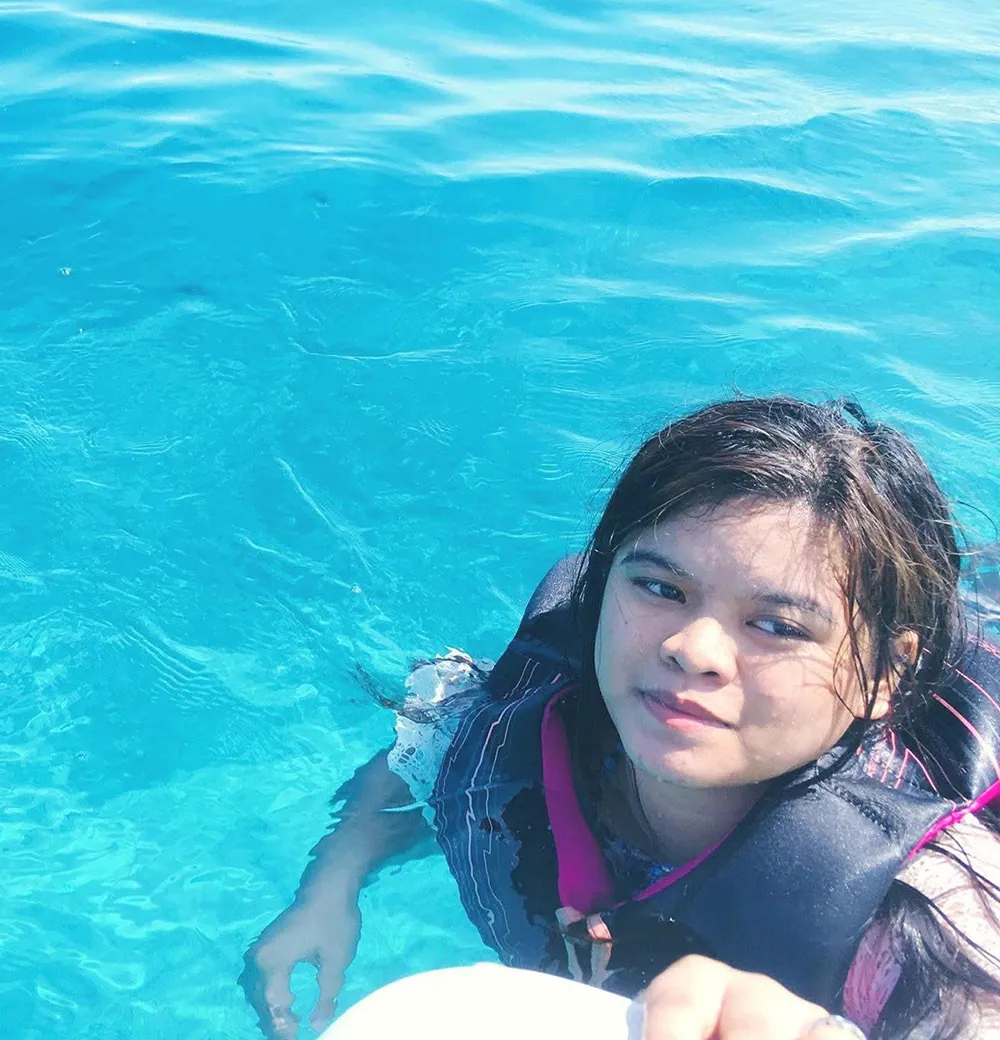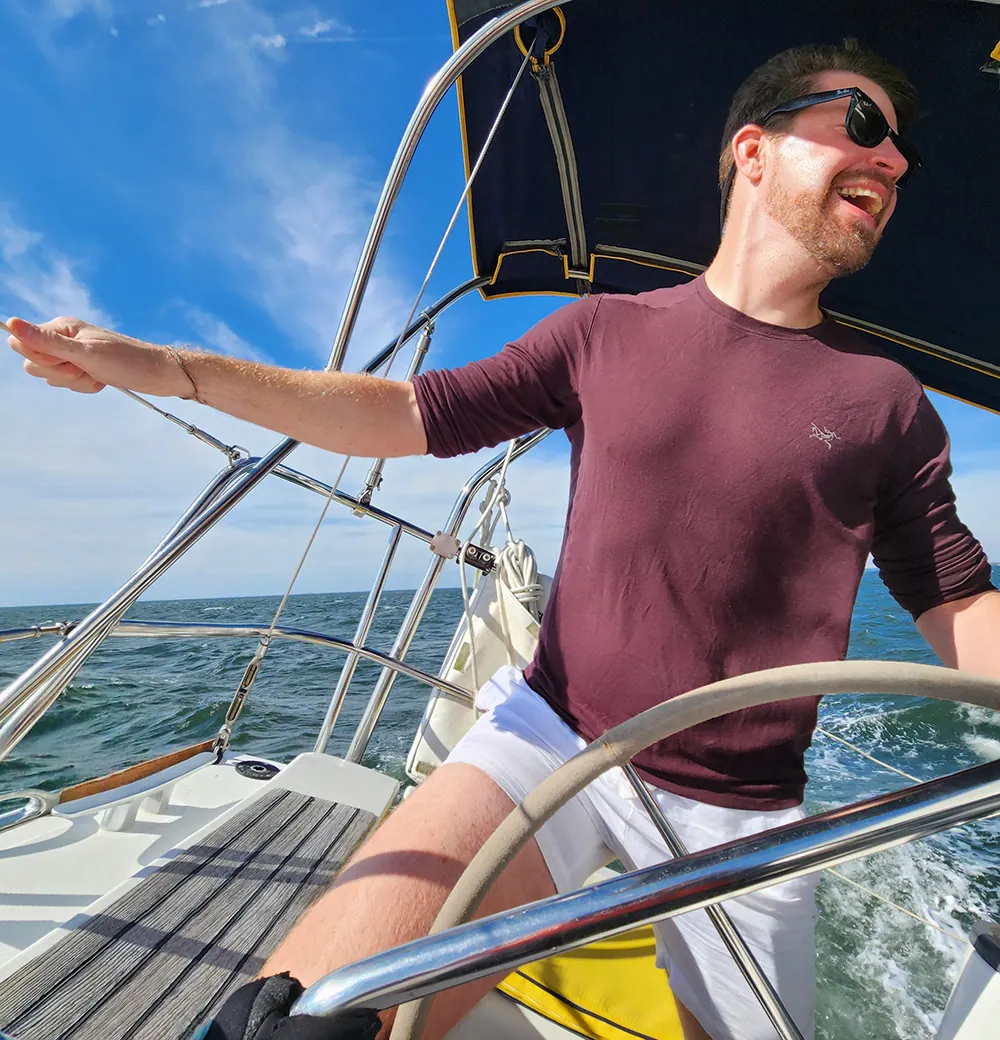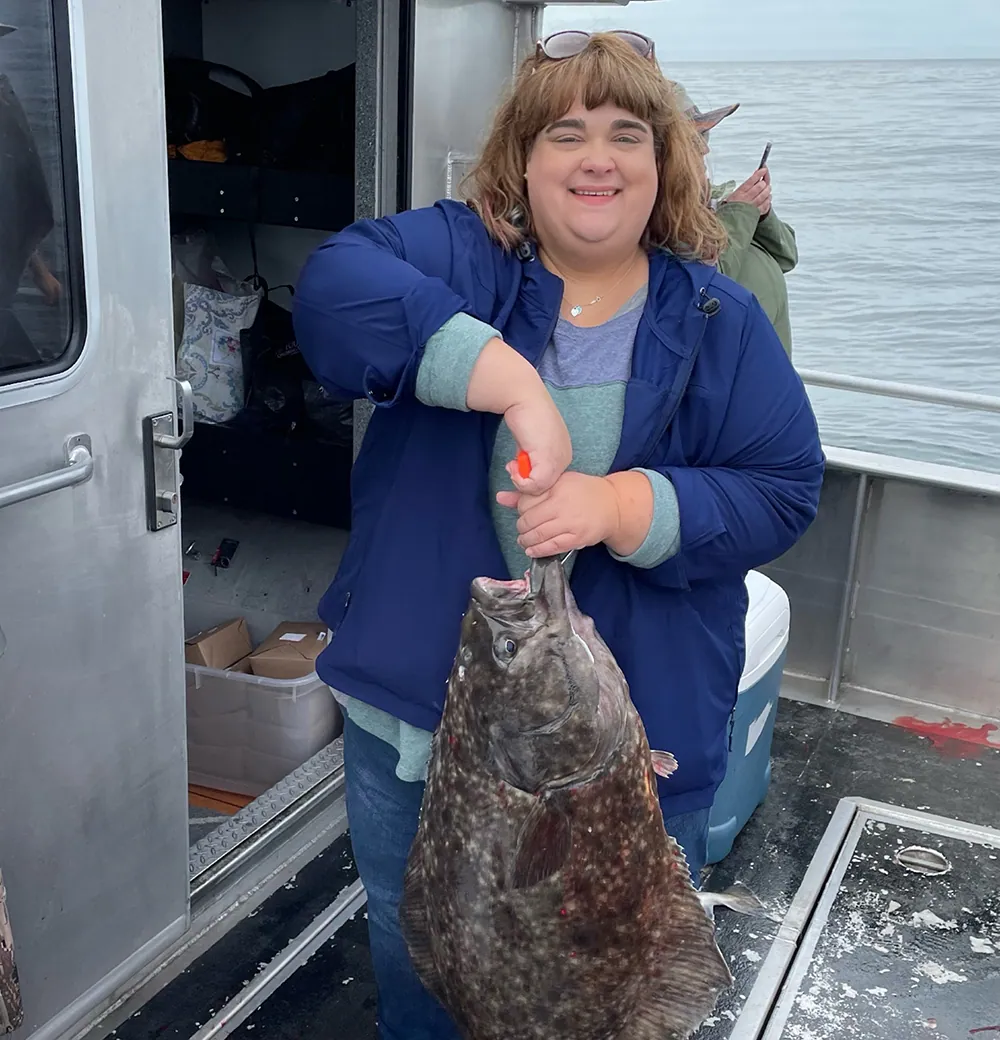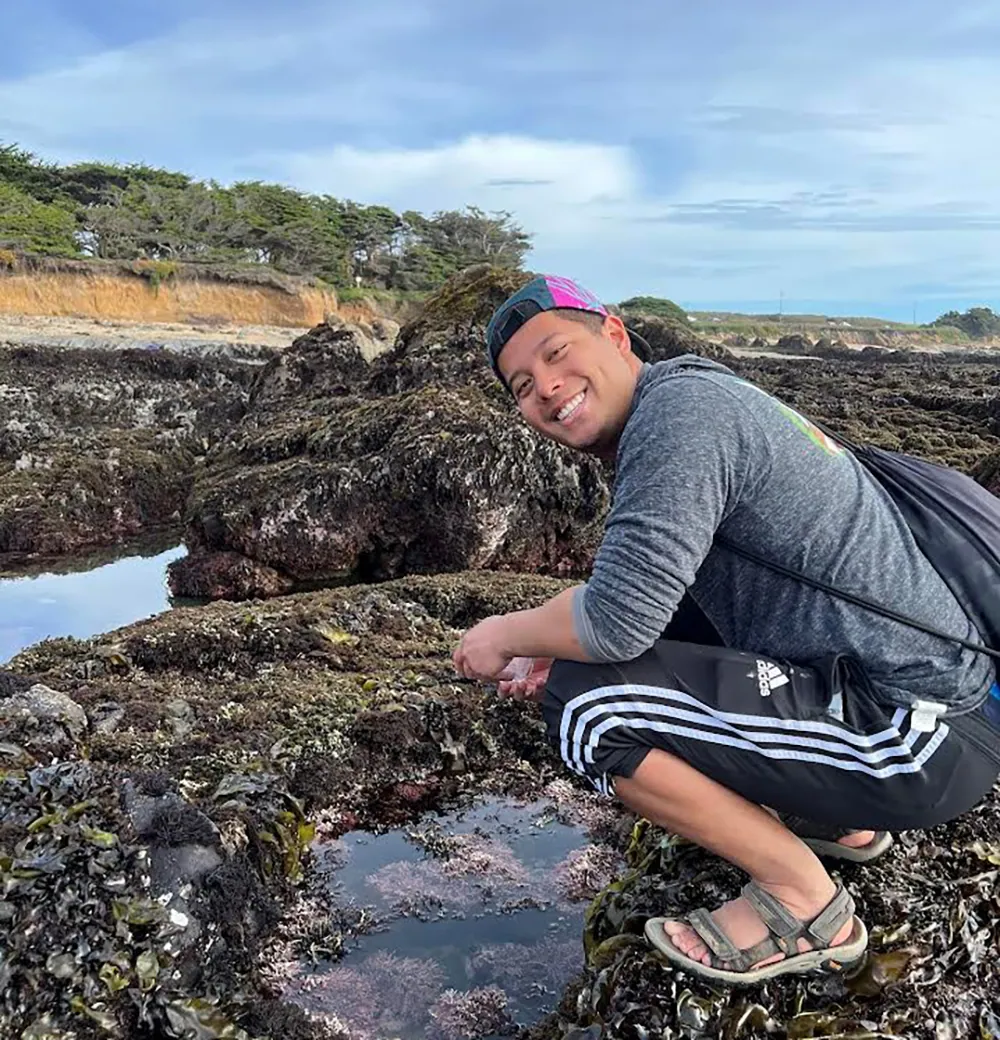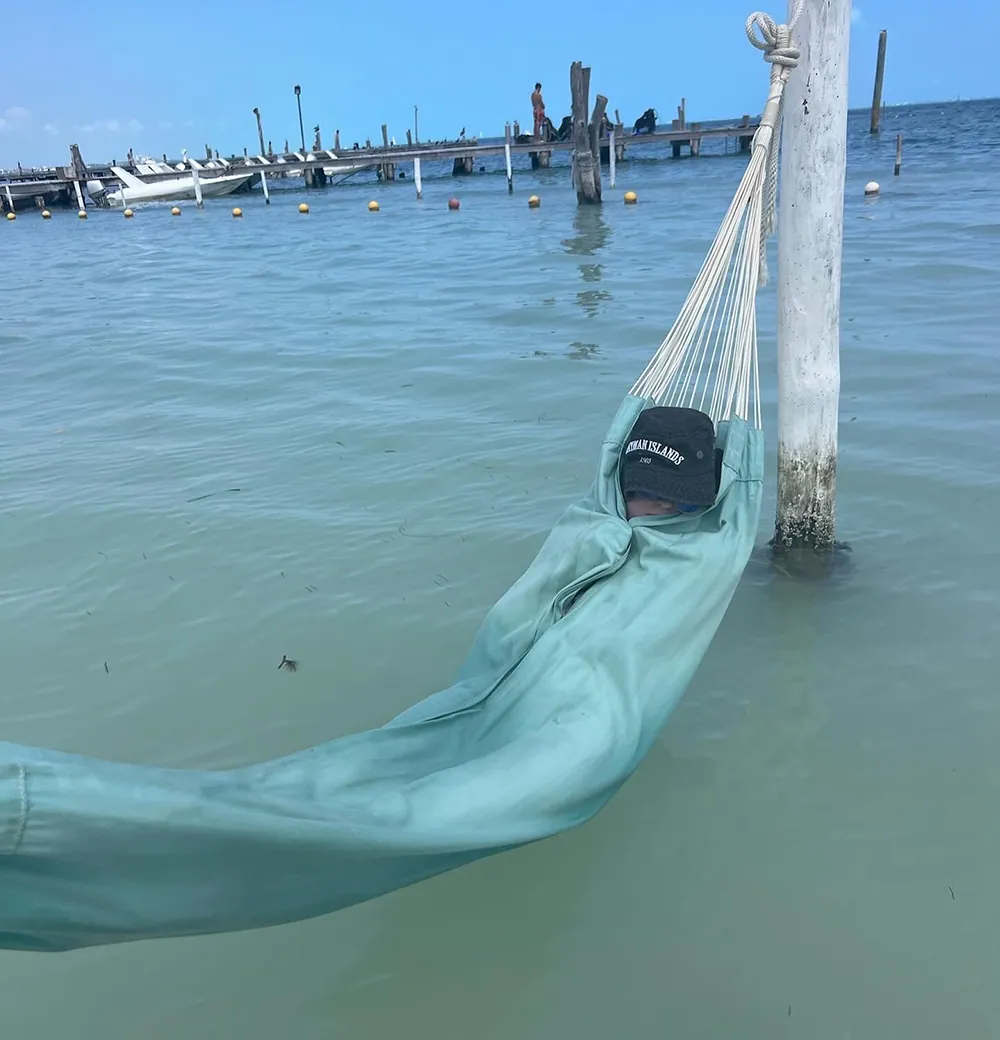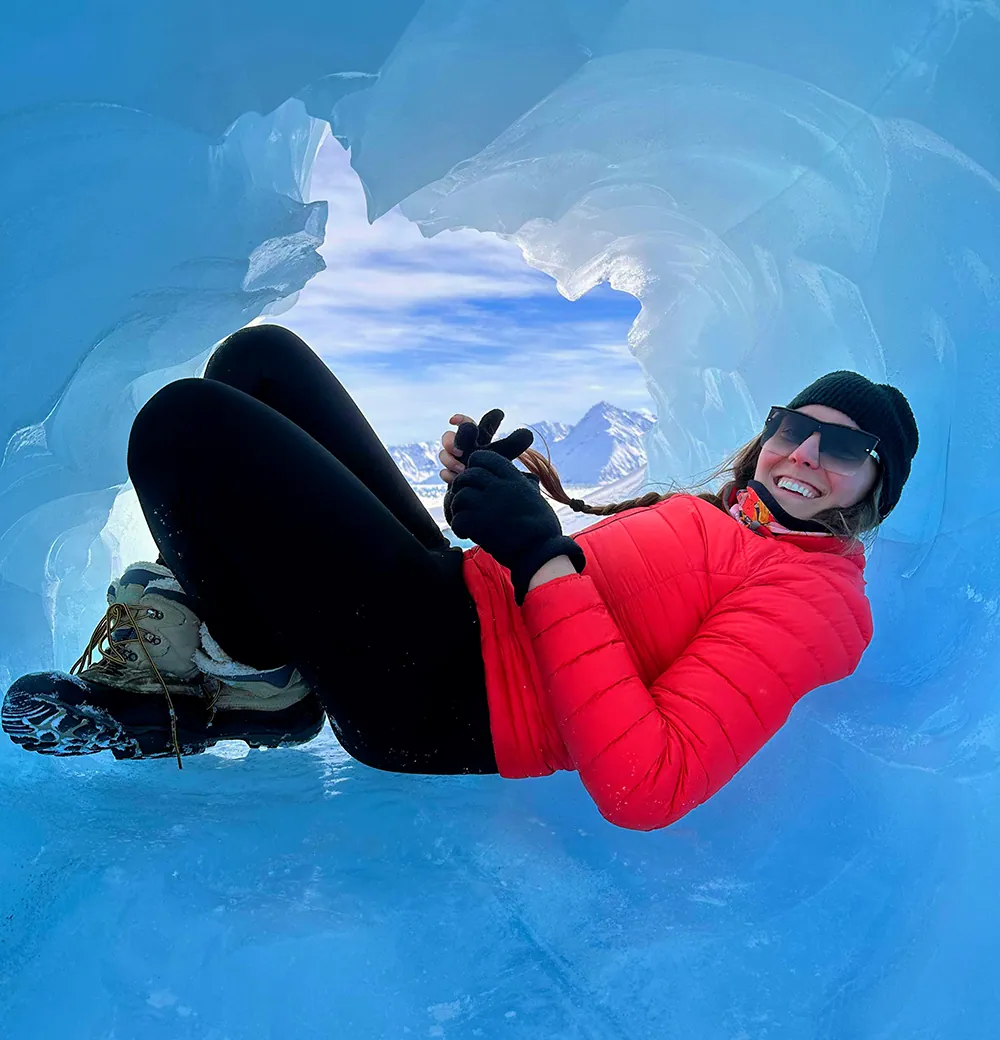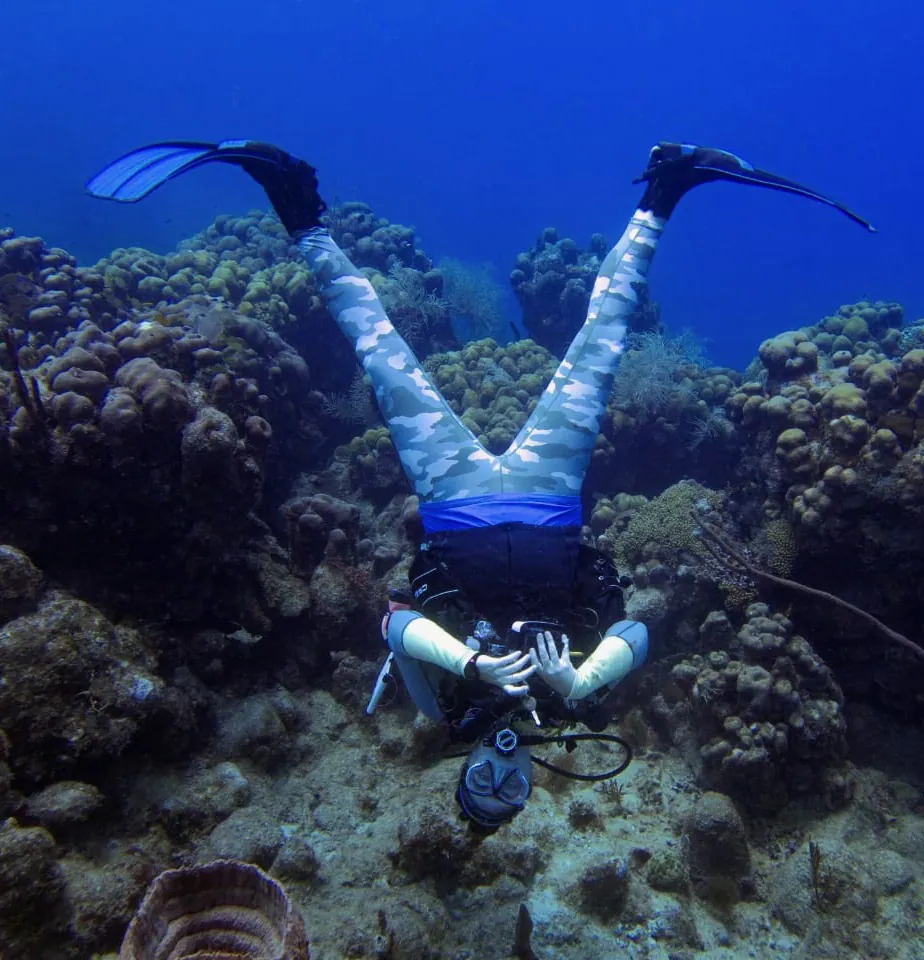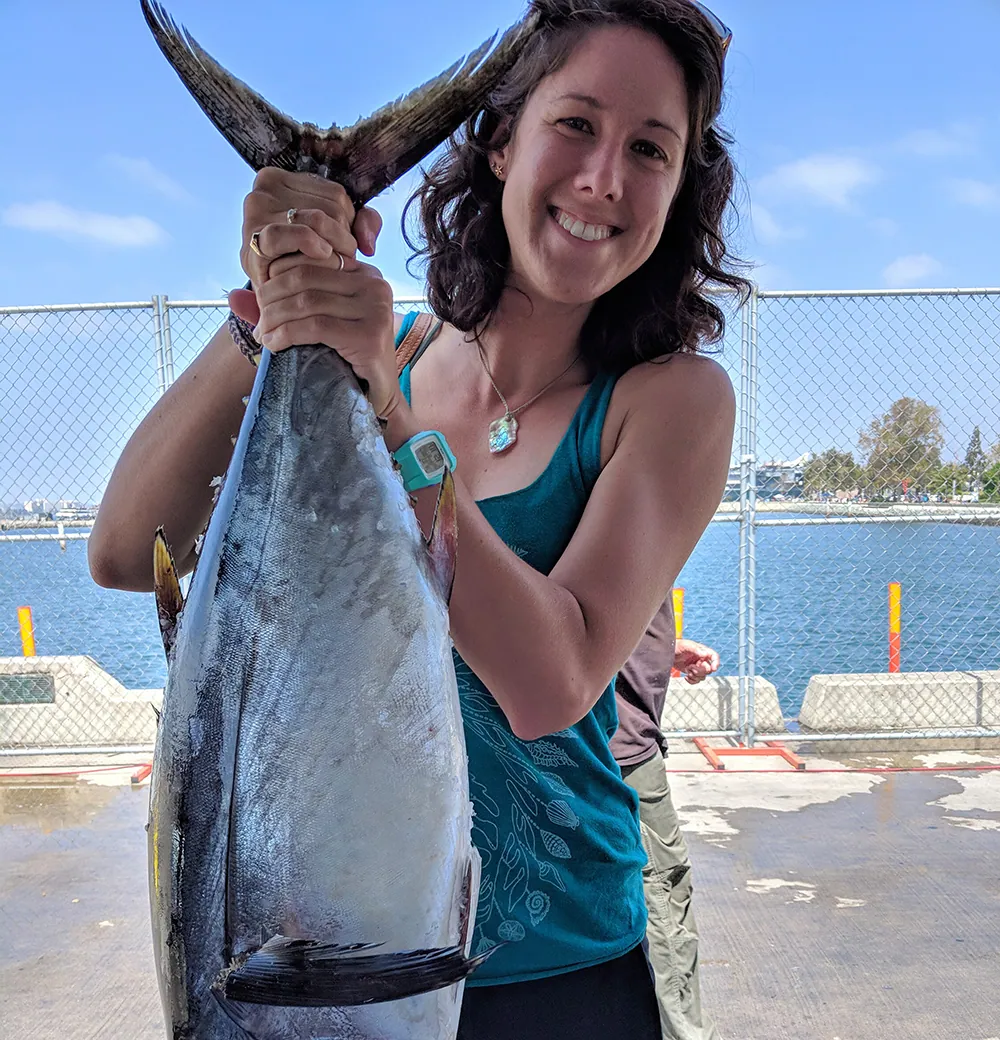On February 2, 2022, the House passed the America Creating Opportunities for Manufacturing, Pre-Eminence in Technology, and Economic Strength (COMPETES) Act (H.R. 4521). This bill is the House answer to the Senate’s bipartisan United States Innovation and Competition Act (USICA) (S. 1260), which passed the upper chamber in May 2021 on a vote of 68-32.
This legislation would provide tens of billions of dollars to address issues that supporters believe will strengthen US national and economic security and reestablish the country as a leader in technological research and development in the face of China’s continued rise. It is a wide-ranging bill, led by House Science, Space, and Technology Committee Chairwoman Eddie Bernice Johnson (D-TX-30), with additional provisions from the: (1) House Energy and Commerce; (2) Foreign Affairs; (3) Oversight and Reform; (4) Homeland Security; (6) Financial Services; (7) Natural Resources; (8) Judiciary; (9) Education and Labor; and (10) Transportation and Infrastructure Committees.
The base bill included a number of ocean-related provisions, with even more provisions added during the amendment process in which 261 were accepted out of over 600 offered. Below is a non-exhaustive list of the ocean-related provisions in the base bill as well as a list of those that were added as amendments. (Click here to jump to amendments)
On introduction, Natural Resources Committee Chairman Raul Grijalva said “These bipartisan provisions to protect our oceans and combat wildlife trafficking set us apart from Chinese government practices, help us hold bad actors accountable, and secure America’s long term economic security.”
Next steps:
Passage of the bill begins the negotiation process with the Senate to decide which, if any, provisions they will pass. Provisions that represent standalone bills that were successfully reported out of committee are more likely to survive the negotiation process.
Ocean provisions in the base bill
H.R. 3075 Illegal Fishing and Forced Labor Prevention Act (Rep. Jared Huffman, D-CA-02)
This bill, minus the seafood traceability and labeling title, is included in the COMPETES Act. The provision would authorize $20 million per year through FY2026 to expand illegal, unregulated, and unreported (IUU) fishing identification through data from non-governmental stakeholders, the public, and the seafood import monitoring program. It would expand the Seafood Import Monitoring Program (SIMP) to cover all seafood and seafood products imported into the US within two years of enactment. It would also expand US authority to revoke port privileges for fishing vessels from nations identified for IUU fishing.
STATUS: Reported out of Committee
H.R. 404 / S. 273 Driftnet Modernization and Bycatch Reduction Act (Rep. Ted Lieu, D-CA-33)
This bill would phase out the use of drift gillnets with a mesh size of 14 inches or larger in the US Exclusive Economic Zone (EEZ) within five years.
STATUS: Reported out of House Committee / Passed Senate
H.R. 2848 / S. 1289 Marine Mammal Research and Response Act (Rep. Stephanie Murphy, D-FL-07)
This bill would expand Arctic marine mammal rescue and response capabilities and create a Marine Mammal Health Monitoring and Analysis Platform to collect and report data on marine mammals to increase research and support collaboration between scientists and observation networks.
STATUS: House Committee Hearing Held / Reported out of Senate Committee
H.R. 160 / S. 46 Restoring Resilient Reefs Act (Rep. Darren Soto, D-FL-09)
This bill would reauthorize the Coral Reef Conservation Act and amend it to better address threats to corals including disease and warming oceans. It would also direct NOAA to provide block grants to states to support reef management and restoration, and to establish standards for partnerships with government and community organizations for reef stewardship.
STATUS: Reported out of House and Senate Committees
Buy American Seafood, part of H.R. 3764 Ocean-Based Climate Solutions Act (Rep. Raul Grijalva, D-AZ-03)
This provision would authorize the Secretary of Commerce to use Saltonstall-Kennedy grant funds to promote the consumption of domestic, climate friendly, invasive, or well-managed but less known seafood.
H.R. 2188 / S. 1106 Shark Fin Sales Elimination Act (Del. Gregorio Sablan, D-MP-AL)
This bill would make it illegal to buy, sell, or possess shark finds or any product containing shark fins, except for certain dogfish fins.
STATUS: Introduced in House and passed Senate in the USICA bill
Ocean-related amendments
Below is a short selection of some ocean, climate, and energy-related amendments that were successfully added to the final bill. Some are based on standalone bills that have been introduced during this Congress, in which case the name and status of the underlying bill have been noted. This list is not comprehensive, and the full list of amendments that were offered can be found here beginning on page eight.
Amendments with language from bills that have been considered favorably by committees of jurisdiction in both chambers are more likely to survive through conference, but not guaranteed.
Ocean/NOAA
H.R. 1447 COAST Research Act
(Amendment 15: Bonamici, Gonzalez-Colon, Crist, Pingree)
Reauthorizes the Federal Ocean Acidification Research and Monitoring Act funding for NOAA and the NSF. Expands the definition of ocean acidification to include estuaries, creates an Advisory Board to advise on coastal and ocean acidification research and monitoring, and directs NOAA to establish a data archive system that processes, stores, and provides access to ocean acidification data.
STATUS: Passed House
H.R. 2750 / S. 3245 Blue Carbon for our Planet Act
(Amendment 18: Bonamici, Posey, Pingree, Huffman, Beyer)
Creates an Interagency Working Group on Blue Carbon, led by NOAA, to oversee the development of a national map of blue carbon ecosystems.
STATUS: House Committee Hearing Held / Introduced in Senate
H.R. 3748 / S. 140 BLUE GLOBE Act
(Amendment 19: Bonamici, Pappas, Huffman)
Directs existing ocean-focused interagency committees to coordinate overlapping data collection, align supercomputing and data storage efforts, develop cross-agency databases, and support consistent archiving practices, and assess the potential for an Advanced Research Project Agency–Oceans (ARPA-O).
STATUS: House Committee Hearings Held / Reported out of Senate Committee
H.R. 241 / S. 335 Tropical Forest and Coral Reef Conservation Reauthorization Act
(Amendment 44: Chabot, Sherman)
Authorizes funding for the Tropical Forest and Coral Reef Conservation Act of 1998 through FY2026 for debt-for-nature swaps and debt buyback programs that reduce or convert debt obligations from an eligible country to the US into funding for nature conservation and protection efforts in that country.
STATUS: Passed House / Reported out of Senate Committee
H.R. 2310 / S. 966 Climate Change Education Act
Establishes a Climate Change Education Program at the National Oceanic and Atmospheric Administration to increase climate literacy, and it also establishes a grant program for climate change education.
STATUS: Introduced in House and Senate
H.R. 4996 / S. 3580 Ocean Shipping Reform Act
(Amendment 89: Garamendi, D. Johnson, Costa, Valadao) Ocean Shipping Reform Act
Revises provisions related to ocean shipping policies and is designed to support the growth and development of US exports and promote reciprocal trade in the common carriage of goods by water in the foreign commerce of the United States.
STATUS: Passed House / Introduced in Senate
DEI in STEM professionals at NOAA
(Amendment 115: Huffman, Bonamici)
Directs the Secretary of Commerce to increase the number and diversity, equity, and inclusion of STEM professionals working in the National Oceanic and Atmospheric Administration mission-relevant disciplines via a nonpartisan and independent 501(c)(3) organization to build the public-private partnerships necessary to achieve these priorities.
H.R. 3431 Increasing Community Access to Resiliency Grants Act
Directs the National and Oceanic and Atmospheric Administration (NOAA) to establish and regularly update a publicly available website that includes: hyperlinks to all grants administered by NOAA and hyperlinks to other federal agencies that offer similar grants to assist state, tribal, and local governments with resiliency, adaptation, and mitigation of climate change and sea level rise; and for each such grant, the contact information for an individual who can offer assistance to such governments.
STATUS: Introduced in House
H.R. 660 Shovel-Ready Restoration Grants for Coastlines and Fisheries Act
Authorizes National Oceanic and Atmospheric Administration grants to implement projects that restore a marine, estuarine, coastal, or Great Lakes habitat in the United States, create jobs for fishermen in the United States, or provide adaptation to climate change.
STATUS: House Committee Hearings Held
H.R. 3160 Keep America’s Waterfronts Working Act
(Amendment 189: Pingree) Establishes both a Working Waterfronts Grant Program and a Working Waterfront Task Force within the Department of Commerce to help preserve and expand access to coastal waters for persons engaged in commercial and recreational fishing businesses, aquaculture, boatbuilding, shipping, or other water-dependent coastal-related business.
STATUS: House Committee Hearings Held
Fisheries
6PPD-Quinone effects on salmon
(Amendment 196: Porter, Huffman)
Authorizes NOAA to conduct a study on the effects of 6PPD-quinone, including an economic analysis of declining salmon populations in the United States and the effect of such declining populations on importation of salmon from other countries.
Seabirds amendment
Amends the High Seas Driftnet Fishing Moratorium Protection Act to include seabirds as a protected living marine resource.
Aquaculture
Aquaculture study
Orders a comprehensive study into offshore aquaculture including the environmental impact, identification of control technologies and practices to minimize environmental impacts, and assessment on the impact of international offshore aquaculture industries on the US seafood market.
Wind
30 Gigawatts of Offshore Wind by 2030
(Amendment 34: C. Bush, Clarke)
Codifies the Biden Administration’s commitment to deploy 30 gigawatts of offshore wind energy in the United States by 2030.
H.R. 3326 Public Land Renewable Energy Development Act
Promotes the responsible development of wind, solar, and geothermal resources on public lands by prioritizing development in strategic areas; facilitating smart siting and efficient permitting of projects in places with high energy potential and lower wildlife, habitat, and cultural resource impacts; and updating revenue sharing for these projects to ensure that states and counties get fair returns.
STATUS: Reported out of House Committee
Offshore wind lease sales expansion of authority
Restores the Department of Interior’s authority to hold offshore wind lease sales in federal waters in the Eastern Gulf of Mexico and off the coasts of North Carolina, South Carolina, Georgia, and Florida.
Climate
Security and Climate Change
(Amendment 194: Porter, Langevin)
Incorporates national security threats related to climate change into a statement of policy on U.S. international priorities.

